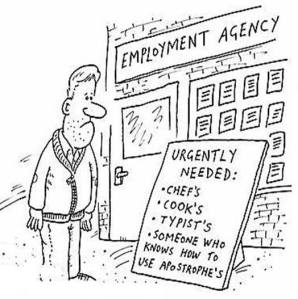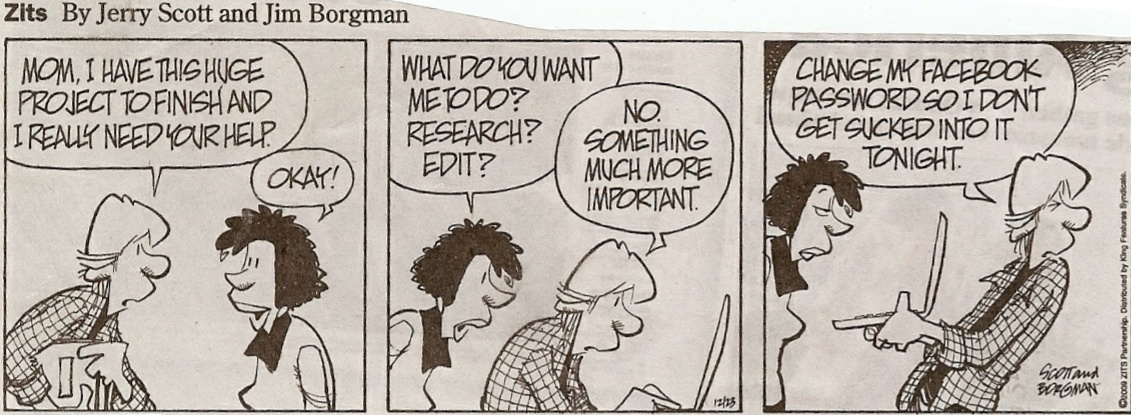Perhaps you’ve heard that beginning in a couple of years, the SAT will be entirely digital. It’s true – but that’s not the half of it. The test will be entirely different AGAIN! In the nearly 35 years that I’ve been tutoring students for the SATs, the College Board has completely changed formats or scoring or sections or questions or all of these at least five times, maybe more. Antonyms have come and gone. So have analogies, penalties for guessing, achievement tests, SAT IIs, Subject tests, 2400 maximum scores. Grammar? Written essay? No calculator? It depends on when you took the SAT.
Here are the changes they’ve announced – and the pros and cons.
SATs will be digital only. This change affects only those who are currently in 9th grade or younger. If you’re currently in 10th or 11th grade, you’ll be taking the same version this year’s seniors took. But what about kids who are currently in 9th grade? Should they test early – when they are in 10th grade – to take the current version, or should they test in 11th grade with the new digital version? The answer may be yes and yes. Students who are in 9th grade now can take the SATs when they are in 10th grade (next spring – May or June 2023) if they feel ready to take advantage of taking a test that has a known format with plenty of review tests available. Or students who are in 9th grade now can take the SATs in 11th grade (as is typical) to take advantage of the digital, shorter SAT. Or they can take the ACT in either 10th or 11th grade because, as far as we know now, the ACT won’t be changing.
The SAT will be an hour shorter with more time per question. That sounds like a great thing, right? I reserve judgment. So far, whenever the SAT has changed a section or a test to give more time per question, the questions have gotten substantially more difficult so students NEED that extra time to be reasonably certain they understand the material and the question. And a shorter test means more points per question. If you have a test with 100 questions and you miss two, big deal But if you have a test with 10 questions and you miss two, that’s significant.
There will be much less reading. I suppose many kids will be happy to hear this, but as a thinking, reading, educated adult, I’m sad, disappointed, and sorry for society. Being able to read widely and for a sustained period of time leads to thinking, which our world needs more of. Giving in and allowing kids to do a minimal amount of reading is pandering to the anti-intellectual elements in society. The reading essays will be only a few sentences long with one or two questions per passage. That might sound good to some kids, but if you don’t understand what’s going on in the passage, you can’t hope to skip over the hard parts to get a general sense of the content. Even the math section will have less reading. I don’t think this reduction in reading is going to be the boon students think it will be and I don’t think it will result in higher scores.
There will only be one math section and a calculator will be permitted throughout. Great news? I don’t know yet. The announcement from the College Board says that students won’t have to remember to bring a calculator because they’ll be using the online calculator. If that’s precisely the same calculator a student is accustomed to, fine. But if it’s unusal or unfamiliar, that could spell trouble. The announcement didn’t say whether students will be able to bring their own calculator and MAY use the online calculator, or whether students will not be permitted to use their own calculators. I’ll be watching for that information in the future.
The announcement seemed to imply that students will have a greater number of opportunities to test. That sounds good, too, but they didn’t mention how that will happen. I can’t imagine schools will be open every Saturday for SAT testing. Since the test will be only two hours, will the College Board allow kids to test during a school day? I have no idea. I fear it means that SAT season will now be every weekend, so kids who want to prepare, test, and rest won’t have time to recover because there will always be another test available to take somewhere.
Students will test on their own laptops. That sounds like good news — as long as your student has a reliable laptop with reliable wi-fi. The College Board continues to say they want the SATs to be more inclusive, but for those without their own laptop, how is this change more inclusive? Kids who have their own laptops are more facile with them than kids who don’t. Will this exacerbate the divide between kids who have and kids who do not? Sadly, it probably will.
The College Board will release practice online tests. I just hope there are enough of those practice tests for students to be able to get a reasonable opportunity to prepare. The last time the test was completely remodeled, 2015, the first few practice tests weren’t exactly like the first test. Reading questions are generally in line-number order on the SAT, but that wasn’t true on the first practice test. The mix of algebra, geometry, and other questions was off on the initial practice tests. I guess we’ll just have to wait to see, but I’m not sanguine (a word I learned when I studied for the SAT way back in dinosaur days when vocabulary counted).
RECOMMENDATIONS FOR CURRENT NINTH GRADERS (in 9th grade during the 2021-2022 school year):
If you are a student who really likes to prepare for tests to get the best possible score and reduce the anxiety that comes with feeling like you have no idea what’s going to be asked of you, I’d just stick with the ACT. Unless it changes between now and 2024, it’s a known test with tons of practice material available. Yes, it’s an hour longer, but you’ll save your sanity and probably get a better score with something known and proven and stable.
If you really hate tests and would rather test only once or twice and be done with it, wait and take the new online, digital SAT when you are in 11th grade – but be sure to take it the very first time it’s offered. So far, EVERY time they’ve changed the SAT, the first administration of that test was ridiculously easy. It happens so regularly that the first of each new SAT version is ultra-easy that I presume they do this intentionally. They don’t want kids to panic and get poor scores, because they’ll tell their friends to avoid the test and everyone will abandon the SAT for the ACT. So they make the first administration of the test so easy that everyone’s score is pleasantly high, which encourages even more kids to take the SAT. So if you’re going to take the digital SAT, take it as early as you possibly can.
If your goal is to get the very best possible score even if it requires more testing, I’d suggest you take a paper-and-pencil SAT at the end of 10th grade (and maybe even an ACT as well for comparison), and also take the digital SAT (and maybe an ACT) early in 11th grade or as soon as the digital version is available.
As details of the new SAT become available, I’ll sort them out and let you know. In the meanwhile, don’t throw away your #2 pencils!
Wendy Segal
http://www.wendysegaltutoring.com
wbsegal@gmail.com








